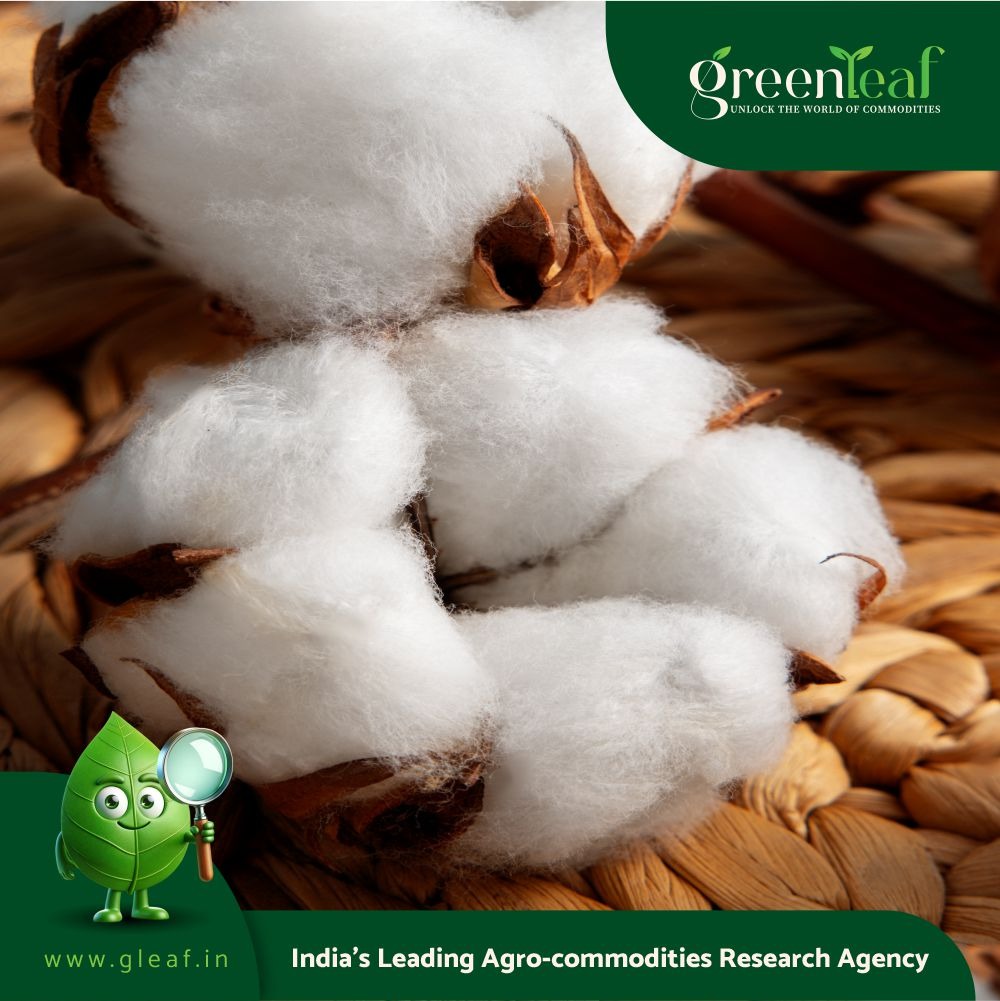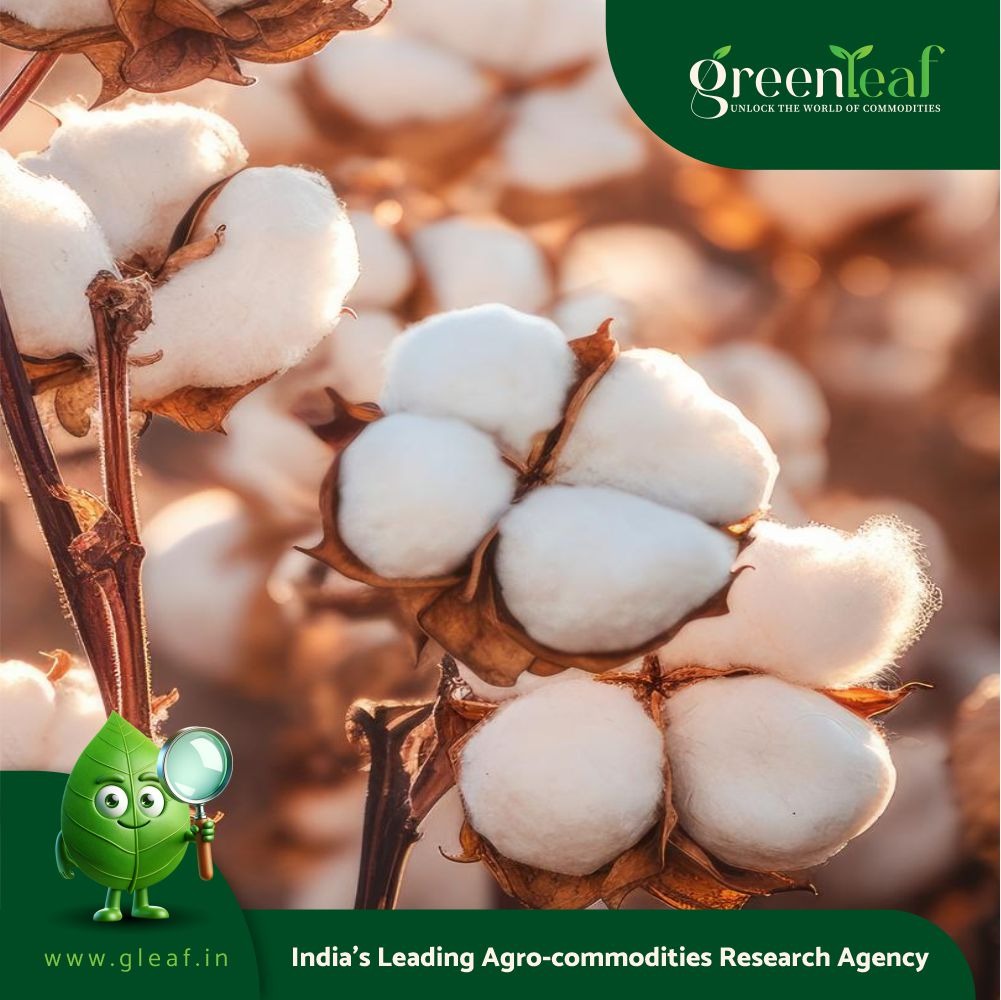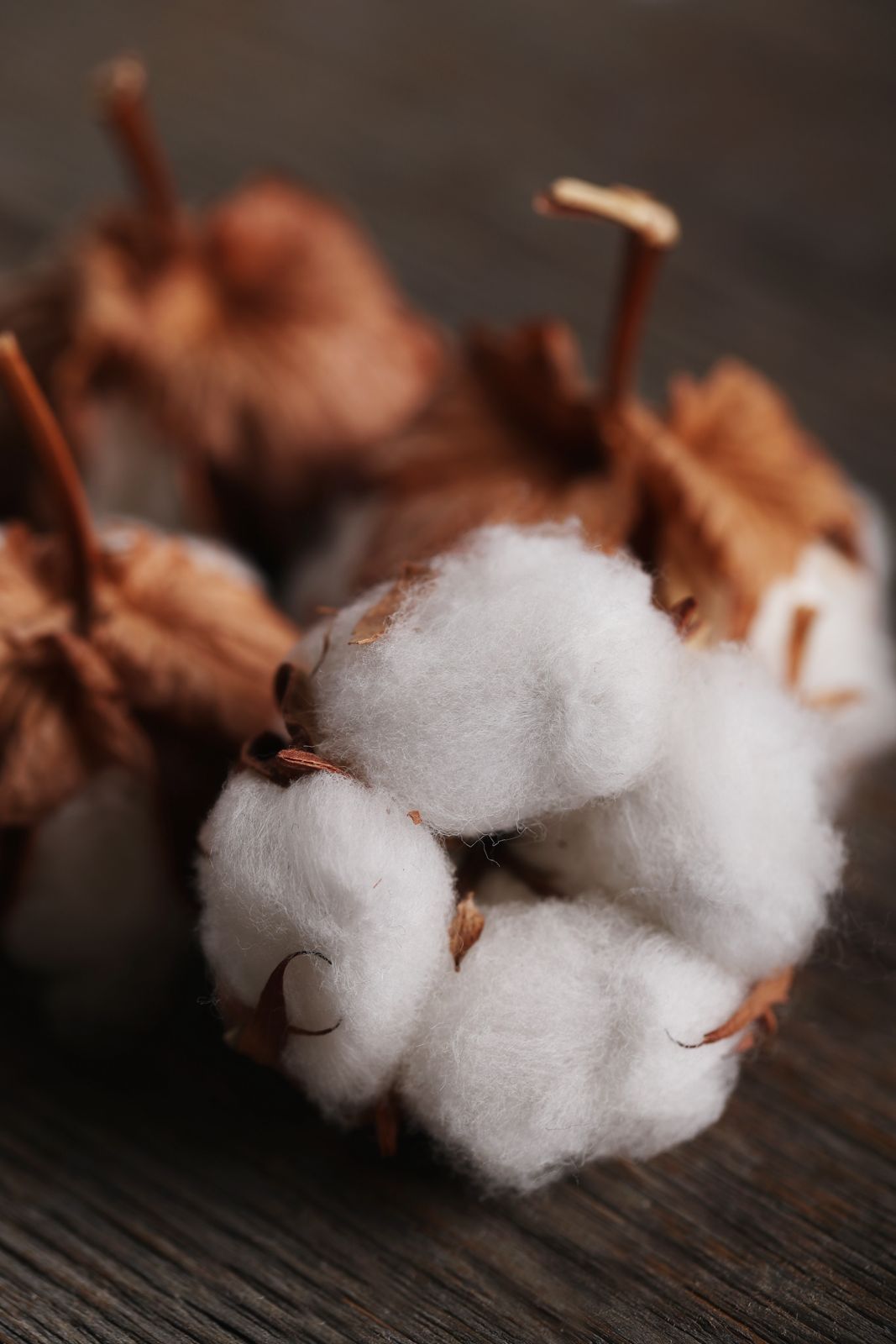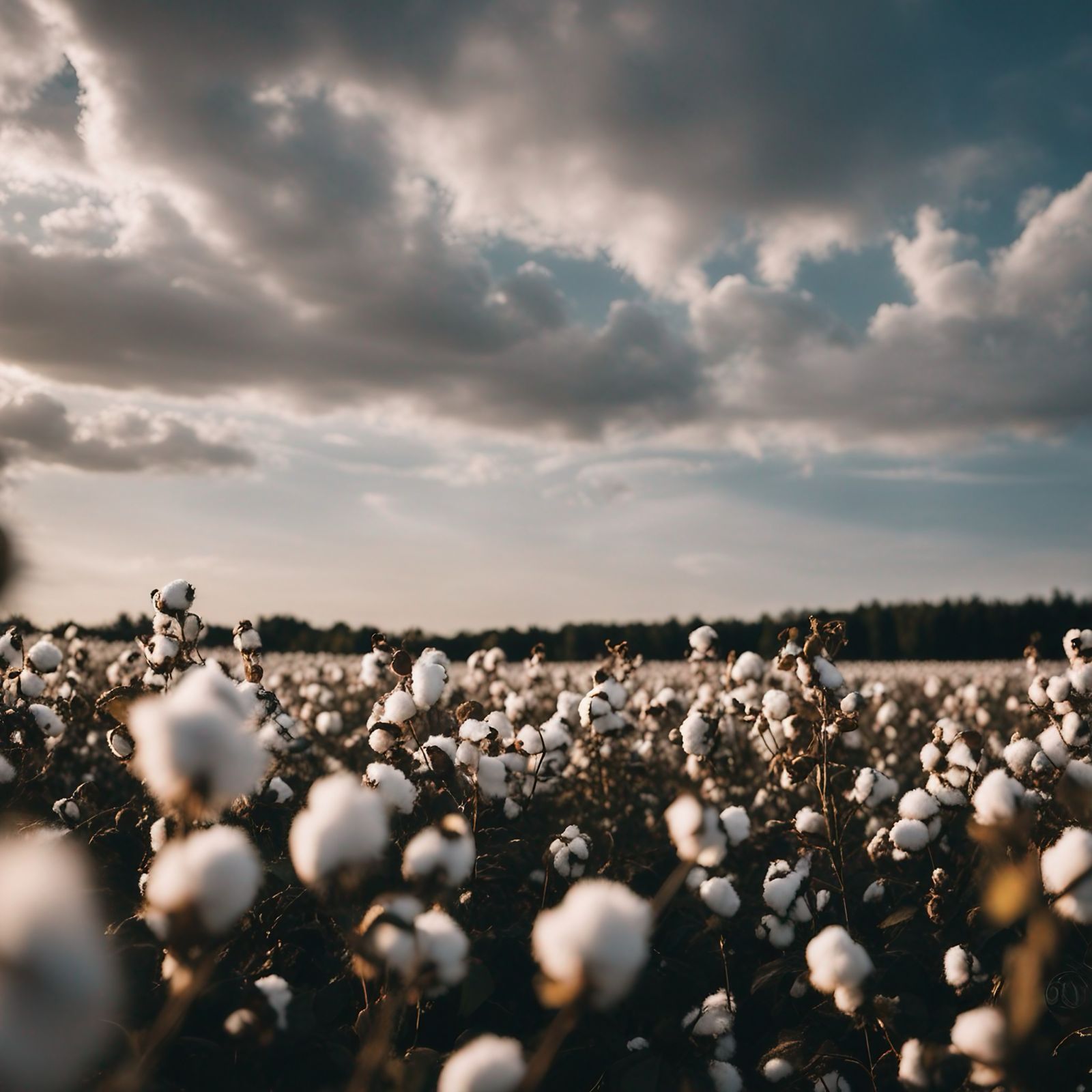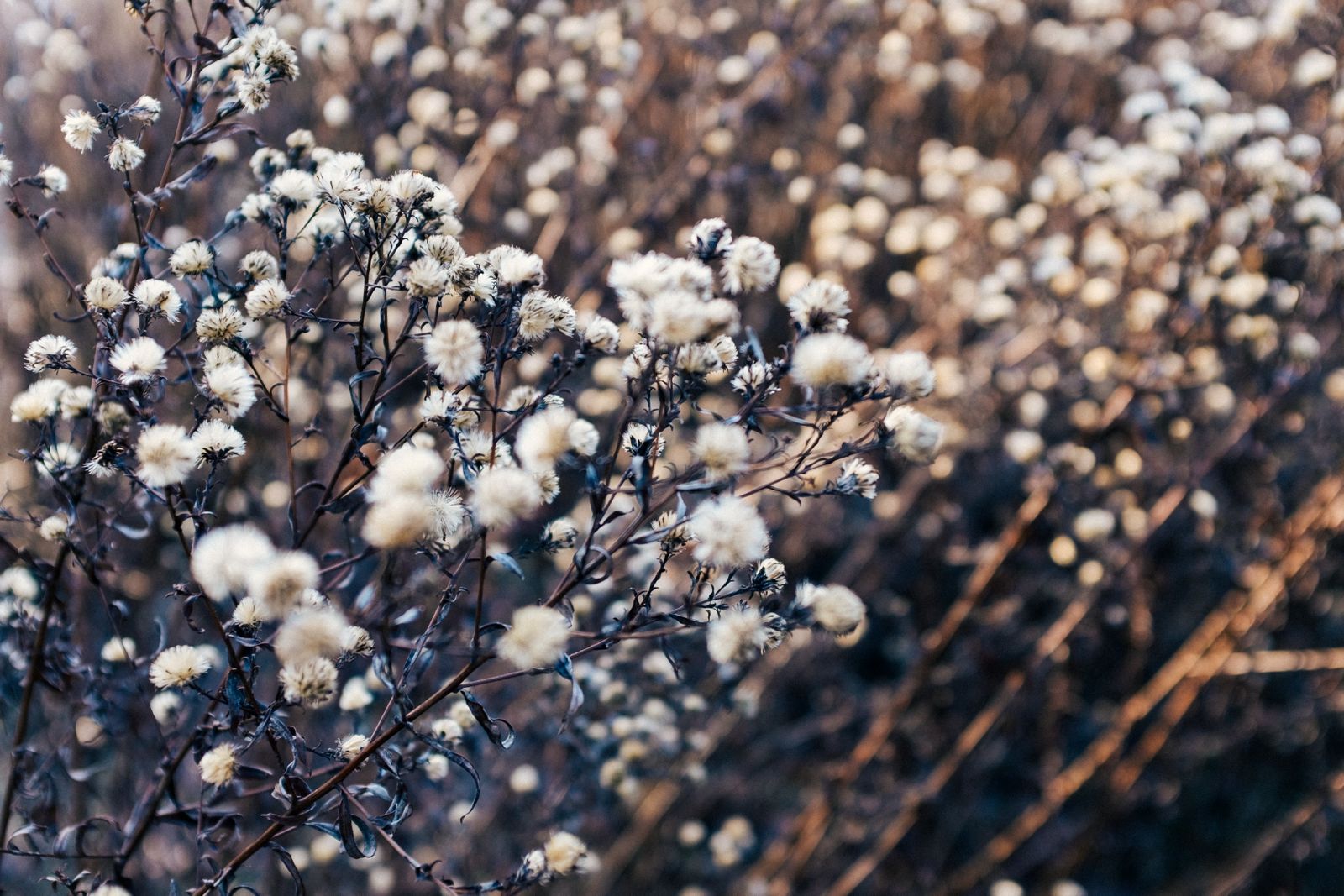Pune: Illegal herbicide-tolerant genetically modified (HTBt) cotton seeds, banned for environmental reasons, have quietly claimed about 15% of India's ₹3,600-crore cotton seed market, as it allows farmers to use herbicides to eliminate weeds and cut labour costs.
Industry associations have now approached central and state governments, seeking permission to test HTBt seeds developed by different companies in the current kharif season. They argue that use of illegal seeds has impacted cotton yields, leading to a spike in cotton imports.
Despite no official approval, nearly 7.5 million packets of HTBt cotton seeds were sold last year, creating a parallel market worth ₹550-600 crore, industry insiders told ET.
HTBt cotton can withstand herbicides like glyphosate, allowing farmers to spray chemicals to get rid of weeds on cotton fields without having to employ manual labour. This addresses the issue of workforce shortage as well.
While more than 90% of cotton cultivated in India is genetically modified. Yet, the addition of herbicide-tolerant traits remains stuck in regulatory limbo due to concerns raised about environment and health issues.
Industry bodies National Seed Association of India (NSAI) and Seed Industries Association of Maharashtra (SIAM) believe proper testing and regulation are keys to ensure minimal environmental impact and improve yields.
They have written letters to various authorities, including environment, forest and climate change minister Bhupender Yadav, the agriculture ministry as well as the governments of Maharashtra and Telangana, warning about the "alarming spread of illegal HT cotton seeds across all cotton producing states" and the need for testing the seeds developed by various entities.
"The rapid spread of the illegal seeds shows that farmers are looking for a solution for labour shortage and for ease of cotton cultivation," said Vaibhav Kashikar, treasurer at NSAI. "We believe that the farmers using illegal cotton seeds are getting about 20% less yields as there is no quality check by the government."
SIAM noted that "seeds not approved for environmental release...are being cultivated without scientific assessment or statutory overview."

